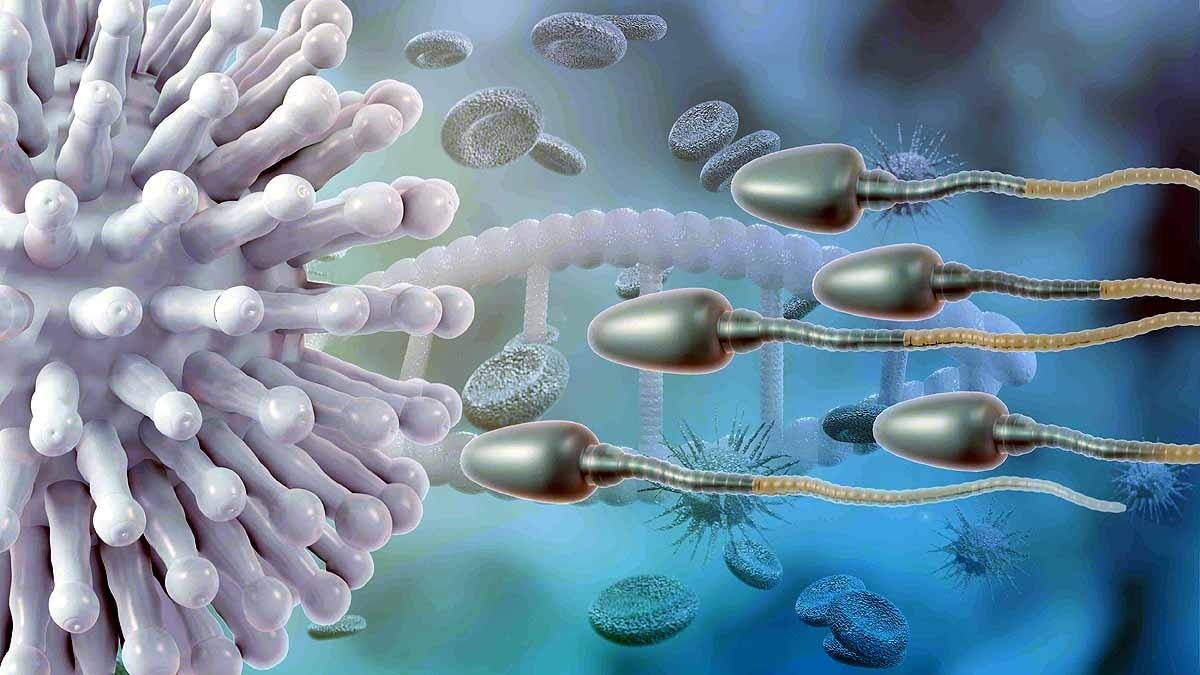The COVID-19 pandemic caused great harm to the world. Now a new study says that this infection changes the sperm of male rats, which increases anxiety in their next offspring. This could be a long-term problem of the pandemic, which will affect future generations. Scientists from the Florey Institute of Neuroscience and Mental Health in Melbourne, Australia made this discovery. The study was published in the journal Nature Communications on October 12.
How was the study conducted? experiments on rats
Scientists infected male mice with the COVID virus. Then these were mixed with healthy female rats. Checked the health and behavior of the children born. Elizabeth Kleiman, the first author of the study, says that children of infected fathers showed more anxious behavior, whereas children of healthy fathers did not.

The special thing is that all the children of the infected father were affected. Especially in female children, the activity of some genes changed in the hippocampus part of the brain (which controls emotions). Scientist Carolina Gubert says that these changes may be caused by epigenetic inheritance (hereditary but without DNA changes) and disturbances in brain development, which increases anxiety.
First such study: warning of long-term effects
This is the first study that shows the long-term effects of COVID infection on children. The virus changed the RNA in the father’s sperm, which controls genes that control brain development. The institute’s lead researcher, Anthony Hannon, says that these results show that the COVID pandemic may have an impact on future generations.
Also read: A tree whose sharp leaves contain gold… will be useful for this
But this is on rats. More research on humans is necessary. Hannon says that if this applied to humans, millions of children and their families around the world would be affected. This is a big threat to public health.

Widespread impact of COVID: deaths, mental health and education
The COVID pandemic spread in early 2020, causing more than 7 million deaths according to WHO. The real number is higher than this. The pandemic badly affected mental health. Young people suffer the most because the lockdown took away their social life.
In 2023, 40 studies from 15 countries were reviewed in the journal ‘Nature Human Behaviour’. It was found that due to closure of schools during the pandemic, backwardness in children’s education still persists. The children could not fill that gap.
Concern about the future, action necessary now
This study shows that COVID can affect generations, not just immediate damage. Scientists say that it is important to know the beginning and end of life. COVID changed minds and behavior. Find ways to avoid research. The pandemic taught us that health comes first.
—- End —-
